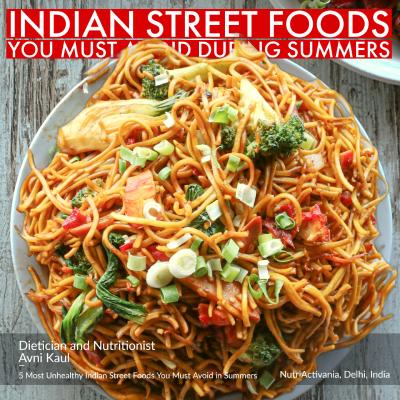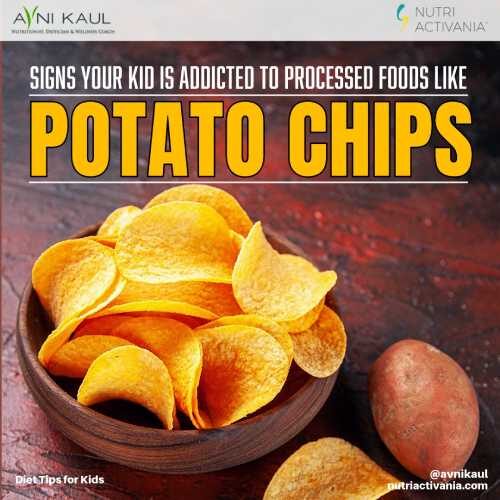The street food culture of India is as diverse as its population. From chaats and pav bhaji to dosas and vada pav, Indian street food is renowned for its vibrant flavors and tempting aromas. Whether you’re craving a piping hot samosa on a rainy day or a cooling kulfi on a hot summer day, the streets of India have something to offer everyone. While many street foods can be enjoyed without guilt, there are certain dishes that may pose a threat to your health.
Why some Indian street foods are considered unhealthy?
Contamination: High temperatures in summer create an ideal environment for the growth of bacteria and other pathogens on street food, leading to an increased risk of foodborne illnesses.
Lack of proper refrigeration: Many street food vendors do not have access to proper refrigeration facilities, making it challenging to maintain the freshness and safety of ingredients during hot weather.
Hygiene practices: In the heat, street food vendors may struggle to maintain optimal hygiene practices, such as regular handwashing and proper utensil cleaning, increasing the chances of contamination.
Excessive use of spices and condiments: Spicy and heavily seasoned street foods, common in Indian cuisine, can exacerbate digestive issues and discomfort during the hot summer months.
Lack of clean water: Clean water is essential for food preparation and hygiene, but during summer, the availability of clean water may be limited, leading to compromised food safety.
Delhi’s top dietician Avni Kaul cautions readers to avoid the following 5 street foods that could be harmful to your health this summer.

1. Noodles (Chow mein) from Roadside vendors:
Even though it’s a popular fast food in India but many health experts believe that vegetables used in chow mein, especially cabbage, lead to a cyst in humans. This happens mainly due to poor sanitary conditions and the use of impure water to clean the vegetables or sometimes, vegetables are not cleaned at all, that are simply tossed in a frying pan. This can cause food poisoning, helicobacter pylori infection in the stomach, and even neurocysticercosis, a parasitic infection caused by larval cysts (which can infect various parts of the body causing a condition known as cysticercosis).
2. Samosa from roadside vendors:
India’s all-time favorite tea-time snack which is basically a triangular pastry filled with spiced potatoes, peas, and sometimes meat is made of all-purpose flour which has high sugar content. Regular consumption of such deep-fried snacks not only leads to weight gain but also increases your bad cholesterol level in the body. However, baked samosas are a healthier option.
2. Avoid Golgappa / Pani puri from unhygienic food stalls:
This popular street food consisting of crispy hollow puris (fried dough balls) filled with a tangy and spicy mixture of flavored water, tamarind chutney, mashed potatoes, and chickpeas is considered unhealthy, especially in summer. The flavored spiced water or pani is made from unfiltered water which may contain various contaminants and pathogens. The hot weather promotes the growth of bacteria and other microorganisms in the water, increasing the risk of waterborne diseases like cholera, gastroenteritis, typhoid, etc.
4. Chaat at Unhygienic Vendors:
Composed of crispy fried dough (puri), boiled potatoes, chickpeas, yogurt, tamarind chutney, mint chutney, sev (crunchy chickpea flour noodles), and a blend of spices such as chaat masala, this popular street food besides being rich in calories is high in sugar and salt content which is harmful to health. The raw vegetables and water-based chutneys used here can be susceptible to contamination if not handled properly.
5. Dahi Vada at Unhygienic Vendors:
Avoid these lentil dumplings soaked in yogurt as the combination of moist dumplings and unpasteurized yogurt creates an ideal breeding ground for bacteria, which can cause digestive troubles in hot weather.
Indian street food, both a culinary delight and a dietary villain, remains a passionate but perilous affair. Consult your doctor before devouring these delicious dishes. As they say, it’s better to be safe than sorry. Moderation is key when it comes to eating these dishes.




